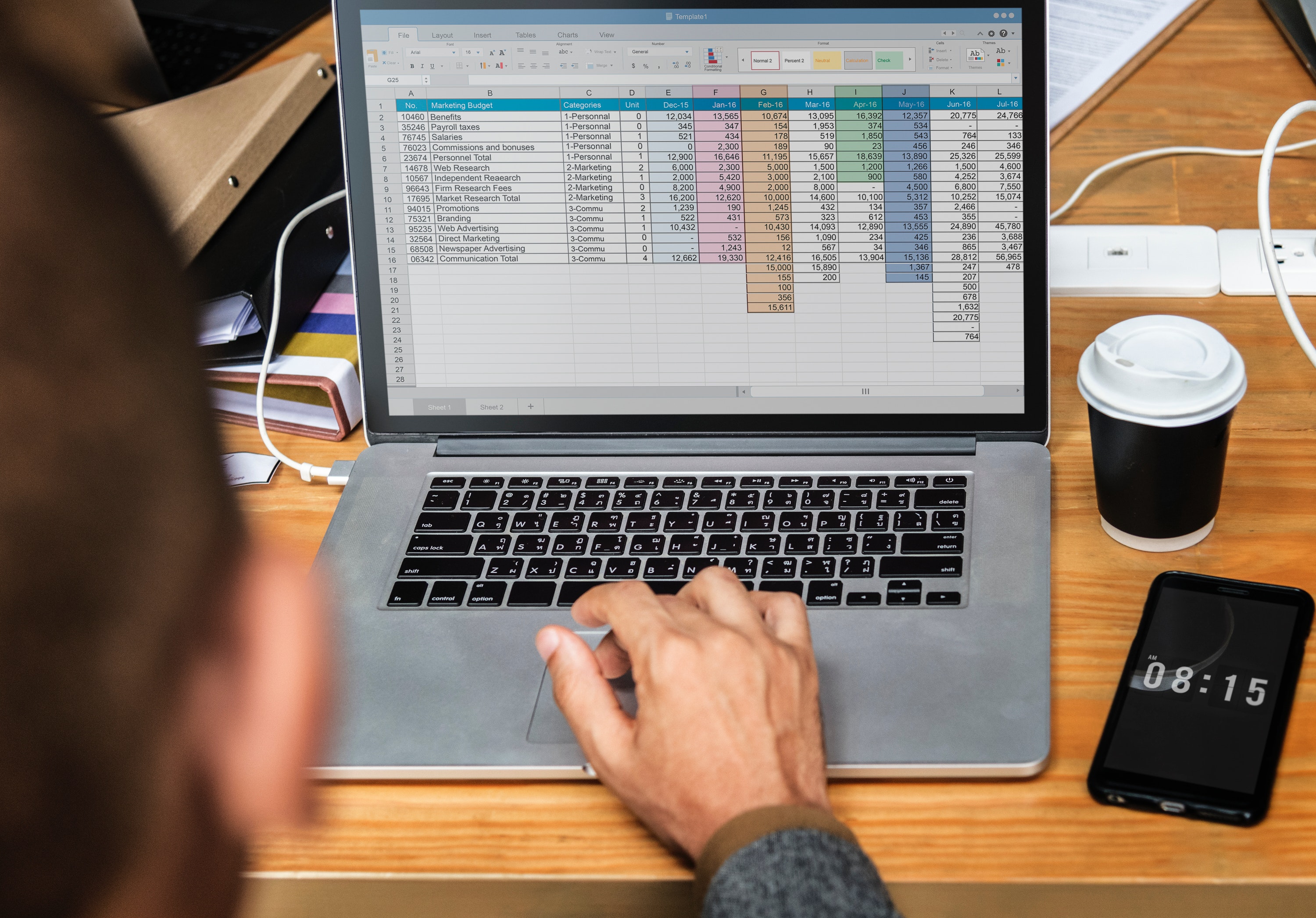
You know that feeling, the one where you really, really need a break? Like work and life have you so busy and wrapped up in everything that you would love to just walk away from it for even a day or two? How often have you acted on that feeling?
We are going to guess almost never.
Why though, why do people never act on that feeling? Never take the break, the vacation that they know they need. If you ask, most people will say it’s because there is too much work to get done, too many other commitments, too much to do.
But people never acknowledge the value of taking the vacation, of saying this will all be here in three days or a week and I can deal with it then. While the lead up to actually taking a vacation may be stressful, and add to your work load, there are so many more benefits to taking the vacation than there for not.
1) Disconnecting
Taking a vacation allows you to disconnect. It lets you set your email to out-of-office, leave your work phone at home, and not have to deal with constant contact. It gives you a chance to exist outside the world of technology and enjoy the moments that you are in. While it is easy to ignore the emails and phone calls on the weekends, it isn’t the same as being disconnected from them altogether. Being able to not hear the phone ringing versus just ignoring it ring, gives you an opportunity to forget and let work go for a few days.
2) Time with Family and Friends
It’s easy to say you see your family and friends enough. You have dinner with your spouse and kids every night, you see your friends for happy hour every Friday, but there is nothing like getting quality, uninterrupted time with the people you love. Getting to spend a few full days hanging out, doing whatever it is you and your family/friends enjoy doing does wonders for your mental health, and gets you feeling happy and good again.
3) Re-Set Your Brain
Being able to turn off your phone, be with your favorite people, and re-set has unprecedented value. Everyone’s brain just needs a break sometimes, to think about things besides safety reports, spreadsheets, budgets, and the list goes on. Taking a vacation lets you re-set your brain, and do things you enjoy like reading a book on the beach, hiking until you’re too tired to string together a sentence, and not think about work. That way when you go back, your brain is refreshed and reenergized, ready to take on tasks and problems in ways you may not have thought of if you hadn’t had the chance to re-set.
4) Remember Why You Like Your Job
Even when you love what you do, sometimes you don’t love your job, and that’s okay. Work can be really frustrating, whether it’s the people, the deadlines, the tasks, or even your drive there every day. Taking a vacation, getting away from all those frustrations can remind you what you do like about your job. More often than not getting to take a step back, seeing what other people do and have to deal with, can make you appreciate your job more, and remind you why you like what you do. Getting to not think about work for a few days can help you remember which tasks you like, which people you need to work with more, what you can do to solve more problems, and make your job better for you.


